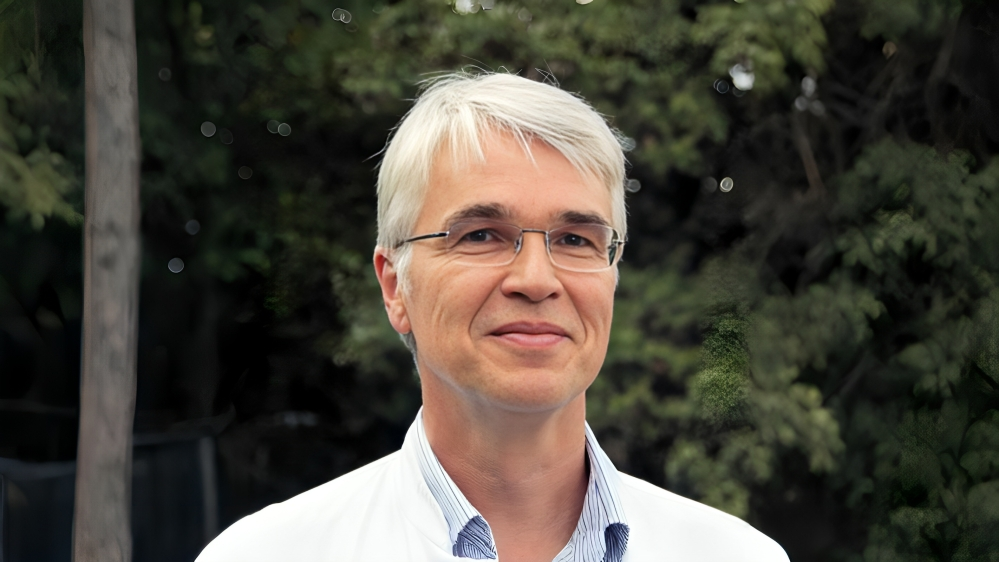
Evaluating a Novel Human Fibrinogen Concentrate (BT524) for Congenital Fibrinogen Deficiency
Wolfgang Miesbach, Professor of Medicine at Frankfurt University Hospital, shared on LinkedIn:
”Excited to share our new publication evaluating a novel human fibrinogen concentrate (BT524) for the treatment of congenital fibrinogen deficiency!
This fibrinogen concentrate includes three independent virus inactivation and removal steps to ensure maximum viral safety.
In this prospective Phase I/III trial, BT524 was investigated in 27 patients (15 adults and 12 children) with congenital afibrinogenemia or severe hypofibrinogenemia:
- Single-dose administration (70 mg/kg) effectively increased fibrinogen antigen levels from undetectable to therapeutic levels
- Half-life: 67.9 hours (FiAg) and 60.3 hours (FiAc) – providing sustained hemostatic coverage
- Significant improvement in clot firmness (FIBTEM MCF +11.1 mm, p < 0.0001) within 1 hour
- Excellent safety profile – only one mild treatment-related adverse event (increased D-dimer), with no thromboembolic events, hypersensitivity reactions, or inhibitor development.
This new fibrinogen concentrate demonstrates excellent pharmacokinetics while providing an outstanding safety and tolerability profile across all age groups.
An important step forward for patients with this ultra-rare bleeding disorder, and a important improvement in the evolution of fibrinogen replacement therapy.
Congratulations to the study team, the co-authors and Biotest— more exciting work ahead!”
Read the full article here.
Article: Pharmacokinetics, Hemostatic Efficacy, and Safety of a New Human Fibrinogen Concentrate in Adult and Pediatric Patients with Congenital Fibrinogen Deficiency
Authors: Claudia Djambas Khayat, Amal El-Beshlawy, Balkis Meddeb, Abderrahim Khelif, Wolfgang Miesbach, Sonia Adolf, Heike Boehm, Silke Aigner, Salomon Abraha , Fabian Bohlaender, Joerg Schuettrumpf

Stay updated on all scientific advances Hemostasis Today.
-
Jan 29, 2026, 14:02Emma Lefrancais on Alarmin IL33 and Platelet Biology
-
Jan 29, 2026, 13:44Sia A: One of My Favorite Conversations from ASH
-
Jan 29, 2026, 13:34Sarah Matuja on Tanzania Stroke Project
-
Jan 29, 2026, 13:28Nancy Di Salvo on Amplifying Rare Disease Voices Through Partnership
-
Jan 29, 2026, 13:21Raul Santos Shares The Results of ORION-16: On The Efficacy and Safety of Inclisiran
-
Jan 29, 2026, 05:22Aravind Palraj Draws a Comparison Between APS and Lupus Cerebritis
-
Jan 29, 2026, 05:09Edina Cenko on Expanding Cardiovascular Risk: From Ischaemia to Emerging Frontiers
-
Jan 29, 2026, 04:58Anna Randi Shares the Latest Episode of The VWF and Angiogenesis Story from Her Lab
-
Jan 29, 2026, 04:49Ruah Alyamany on Her Contribution to Establishing The Role of IgM in APS
